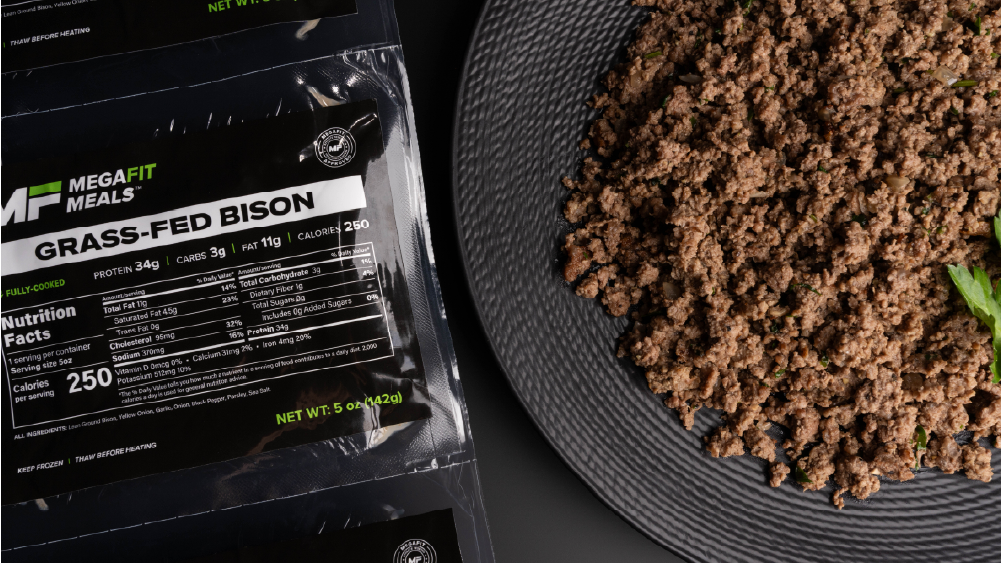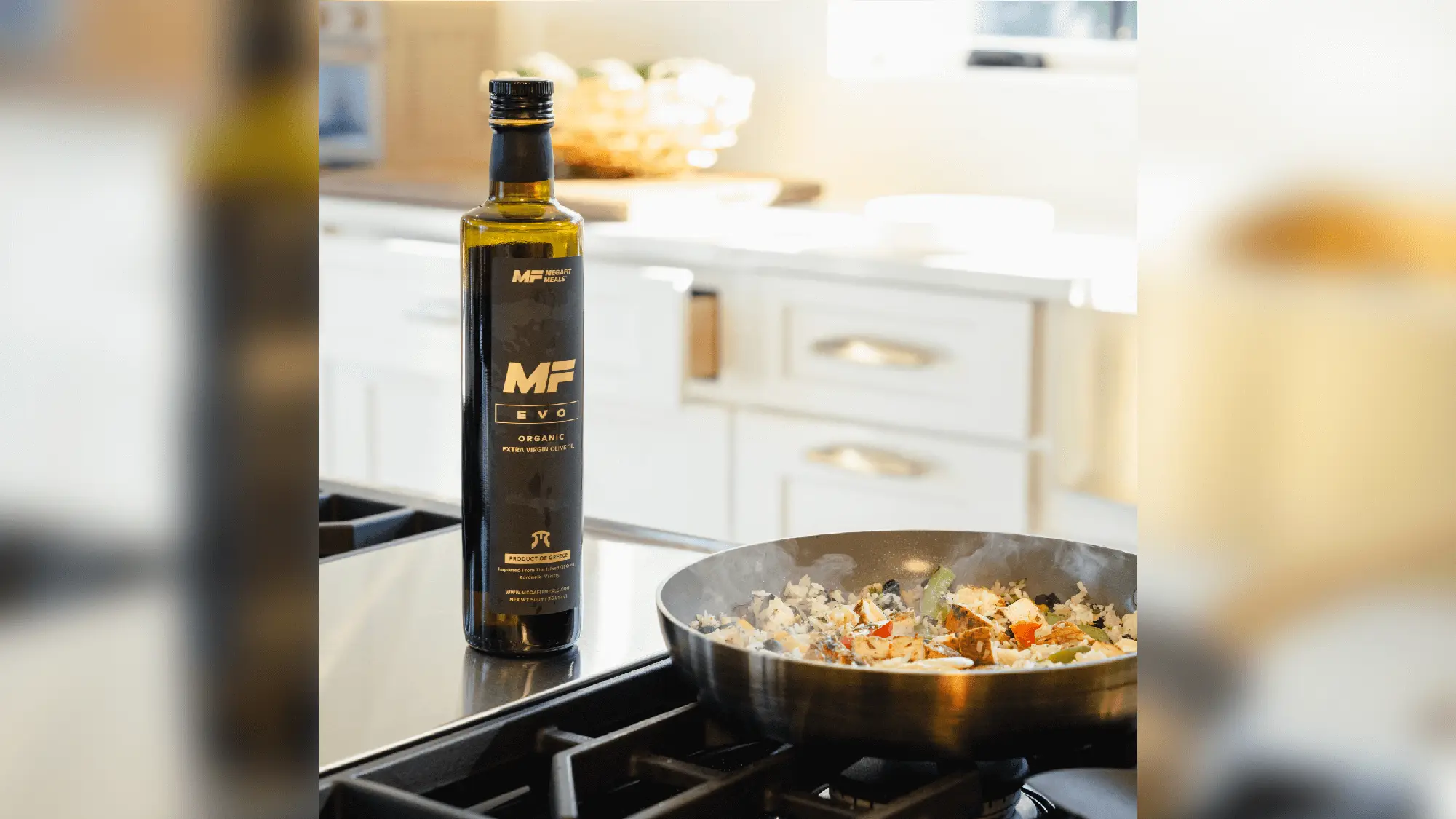Imagine going to the grocery store, buying all your food, getting home, and then immediately throwing away a third of it. Sounds ridiculous, right?
The thing is, that’s what happens for most of the world, as one-third of all food produced in the world is discarded or wasted for various reasons. That equates to nearly 1.3 billion tons every year. The average American produces 219 pounds of food waste a year – basically a whole human – according to the US Environmental Protection Agency.
Needless to say, this is not a great situation for the planet, the human population, or even just your budget. Fortunately, there are things you can do to combat this.
1. Shop smarter
Buying in bulk may be cheaper in the short term, but it’s also a big contributor towards the food-waste epidemic.
Instead of stocking up, making more frequent trips to the grocery store and buying smaller amounts at a time will often lead to better spending and making sure you use/consume everything you bought from the previous trip before buying more.
2. Plan your meals
There are soooo many benefits to this tip, with reducing food waste being another addition.
Not only will planning ensure you only buy what you need, but then you’ll consume it in its entirety exactly as intended. Now, one of the biggest drawbacks to this is time, but that’s where outsourcing your meal prep to a service like MegaFit Meals can help. Not only are you eating healthier, but you’re also reducing food waste. Wins all around!
3. Store your food better
It’s one thing to discard a couple of pieces of tomato and onion at the end of a meal, and an entirely different thing for those fruits and vegetables to go bad sitting in the fridge.
A big reason for that spoilage is people don’t know how to properly store their food. For instance, tomatoes and onions, along with potatoes, garlic, and cucumbers should be stored at room temperature and not in the fridge, as they’ll actually ripen faster in the fridge.
4. Declutter your fridge and pantry
How many times have you bought something at the store, only to get home and realize you already had one in the far back of your fridge or pantry?
While being fully stocked may feel good, it can also cause issues with things getting lost or overlooked. A good method to follow is storing items as “first in, first out.” Meaning, that new items purchased get put in the back, as opposed to the front, which pushes older items back, where they can go bad.
5. Freezers are your friends
Want to make sure many foods last a while? Freeze them.
Whether it’s ground meats and chicken breasts, leftovers, fruits and vegetables, soups, or even breads, throwing them in your freezer will preserve them until you need them.






